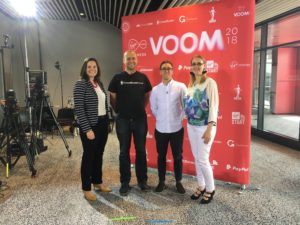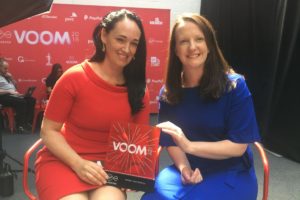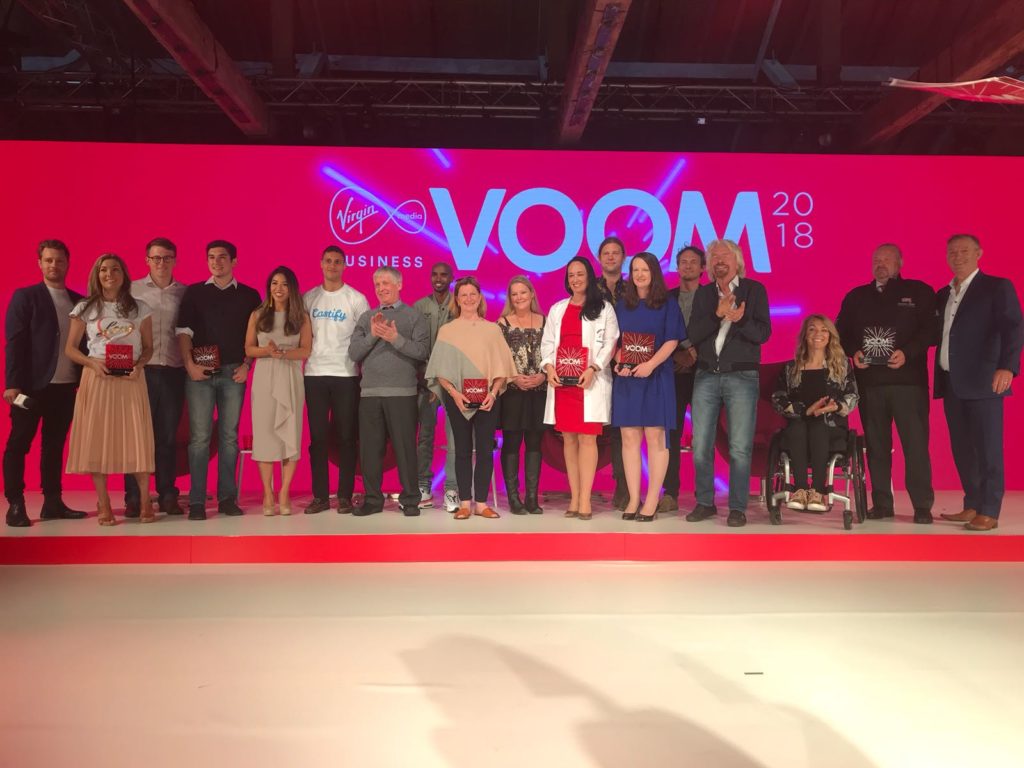An amazing selection of women has been announced for the longlist of the women in science research and advocacy awards, run by Nature and Estée Lauder.
The Inspiring Science Award recognises early career female researchers who are doing outstanding work, and our founder, Suw, was one of the judges. On the longlist are:
- Dr Cara Battersby, who studies how stars are born in our galaxy’s centre at the University of Connecticut, USA
- Dr Ilano Brito, who is pioneering systems-level methods to analyse the human microbiome at Cornell University, USA
- Dr María Natalia Lisa, who is investigating signalling pathways employed by Mycobacterium tuberculosis, the causative agent of tuberculosis at the Universidad Nacional de Rosario, Santa Fe, Argentina,
- Dr Shruti Naik, who studies how environmental stimuli collaborate with genetic factors to control immunity in the skin at New York University, USA
- Dr Mirjana Pović, who studies galaxy formation and evolution, focused on nuclear activity in galaxies at the Ethiopian Space Science and Technology Institute, Ethiopia, and Instituto de Astrofísica de Andalucía (CSIC), Spain
- Ritu Raman, who is designing synthetic materials that adapt to their environment in the same way as biological materials at the Massachusetts Institute of Technology, USA
- Rebecca Calisi Rodríguez, who studies how hormones in the brain and body work to make animals, including humans, reproduce at the University of California, Davis, USA
- Dr Corinna Stefanie Schindler, who studies physical organic chemistry at the University of Michigan, USA
- Dr Kelsey A Stoerzinger, who studies reactions that convert solar energy into fuels at Pacific Northwest National Laboratory, Washington State, USA
- Dr Dawn Tan, who studies the dynamics of light-matter interactions at the Singapore University of Technology and Design, Singapore
The Innovating Science award honours those involved with encouraging girls and women into science. The women and organisations listed for this award are:
- Dr Marja Seidel for Cielo y Tierra, empowering girls through science inquiry activities, focusing on rural areas, global
- Morgan DiCarlo for Civil Engineering Outreach, an outreach program to recruit high school women into engineering, USA
- Madison Smither for From Student to Scientist and the Emmy Noether Award and Scholars Program, providing science opportunities to students outside of the classroom, and a $75,000 fellowship for a young female scientist to conduct graduate-level research and a mentorship program giving girls the ability to conduct laboratory research, USA
- Anvita Gupta for LITAS for Girls, helping girls in computer sciences and STEM, USA
- Dr Aliyah Weinstein for Letters to a Pre-Scientist, demystifying science careers by creating personal connections between students and real scientists, USA
- Mambepa Nakazwe for Seeds of Change Foundation Zambia, advocating for girls with special needs to take up interest in information communication technology careers and empowers them with entrepreneurship skills, Zambia
- Yasmin Kroll for Techbridge Girls, championing equality in STEM education and fair access to economic opportunities for all girls, USA
- Dr Yvonne Commodore-Mensah for The African Research Academies for Women, providing fully-funded research opportunities for young women to complete a Summer Undergraduate Research Program at African universities, Africa
- Fanni Szigeti for The Association of Hungarian Women in Science, promoting STEM and computer sciences among girls who are under-represented in these fields of education, Hungary
- Rethabile Sonibare for Thope Foundation, empowering young girls in STEM, South Africa
The shortlist will be announced next month.
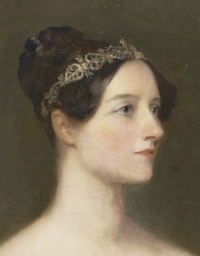
 Want to inspire girls to love code?
Want to inspire girls to love code?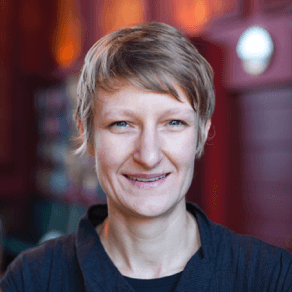
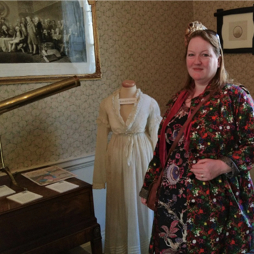
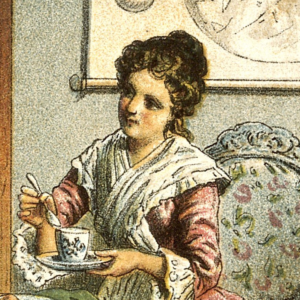
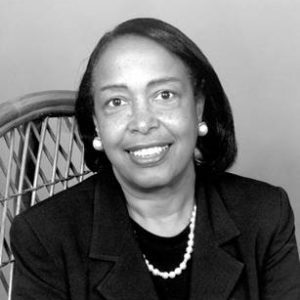 Discovery of the month
Discovery of the month